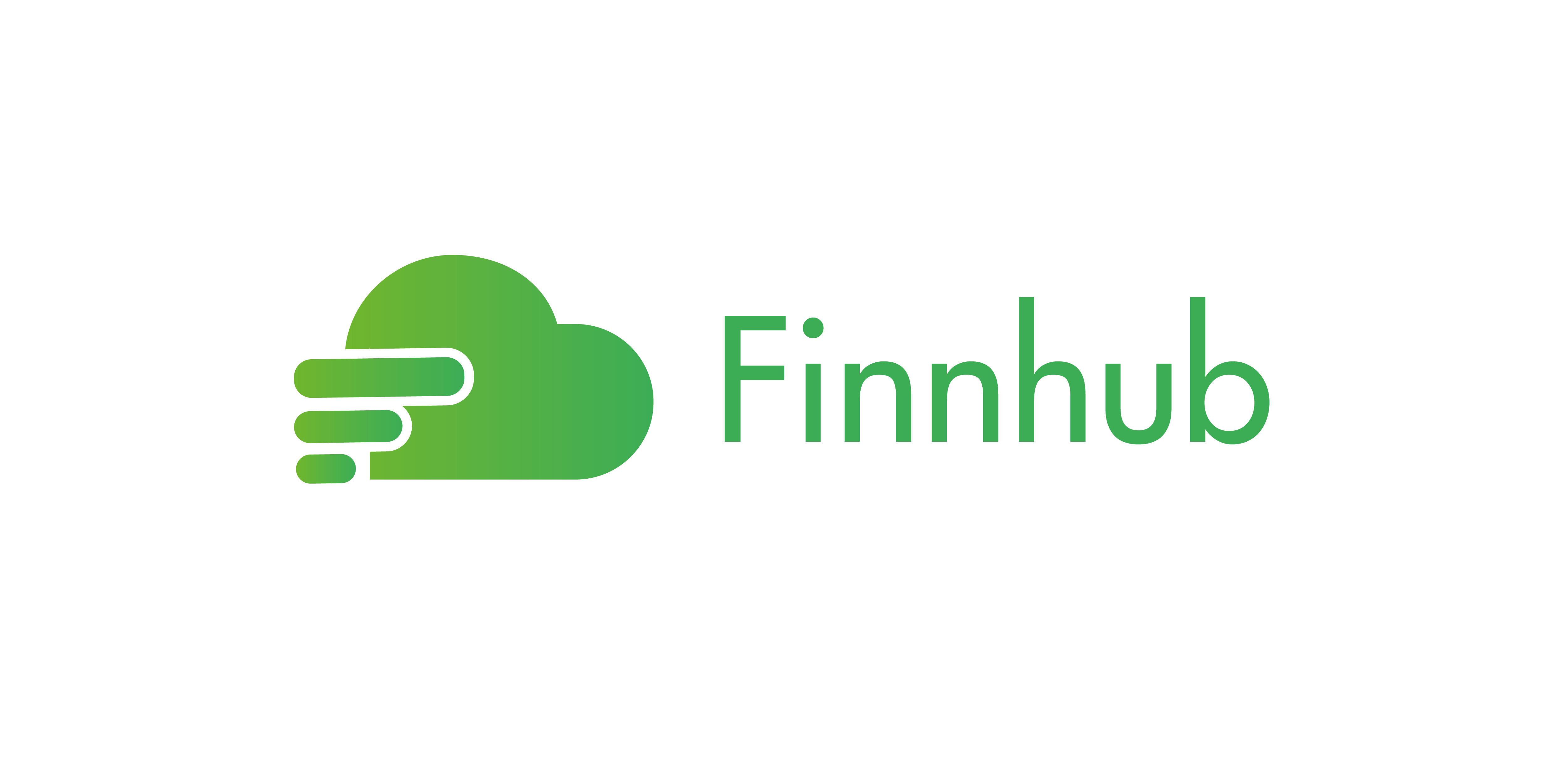Sanlam : Magic Microdosing vs Your Insurance Policy
SLM.JO
Microdosing means taking microdoses of a drug to benefit from its physiological action while reducing the risk of side effects. Psychedelic start-ups are currently making bank. Quartz reports psychedelic medicine start-ups have made about $329 million from January to April this year. And the global psychedelic drug market is forecast to be worth $10.75 billion by 2027. The long-stigmatised drugs are making a major comeback and are speculated to be effective for depression, eating disorders, addiction and PTSD.
Why? In an UnHerd article, Tom Chivers suggests that psychedelics disrupt Bayes' theorem. We all have some level of confidence in prior beliefs - that's how we make sense of the world. If our prior beliefs are strong, new information won't change these. A depressed person often forms relentless, incorrect beliefs about their perceived worthlessness and the terrible state of the world. It's difficult to shift these. But psychedelics do just that. They remove our familiarity with our surroundings.
Quartz explains further: Psychedelics appear to bond with our brain receptors that attract serotonin - the 'happy' hormone. They also seem to restrict blood flow to our brain's default mode network (DMN), which helps us make sense of the tide of information our senses send us. This gets 'locked' into 'rigid, repetitive patterns of thought'. So, when we suppress it, we can break these 'ruts' and form new neural connections. Hence, a depressed person may be able to 'break out' of repetitive negative thoughts. Does this effect last when the drug wears off? The answer is not yet known and more research into the perceived vs actual efficacy of microdosing is required.
Disclaimer
Sanlam Ltd. published this content on 14 October 2021 and is solely responsible for the information contained therein. Distributed by Public, unedited and unaltered, on 15 October 2021 13:01:03 UTC.
